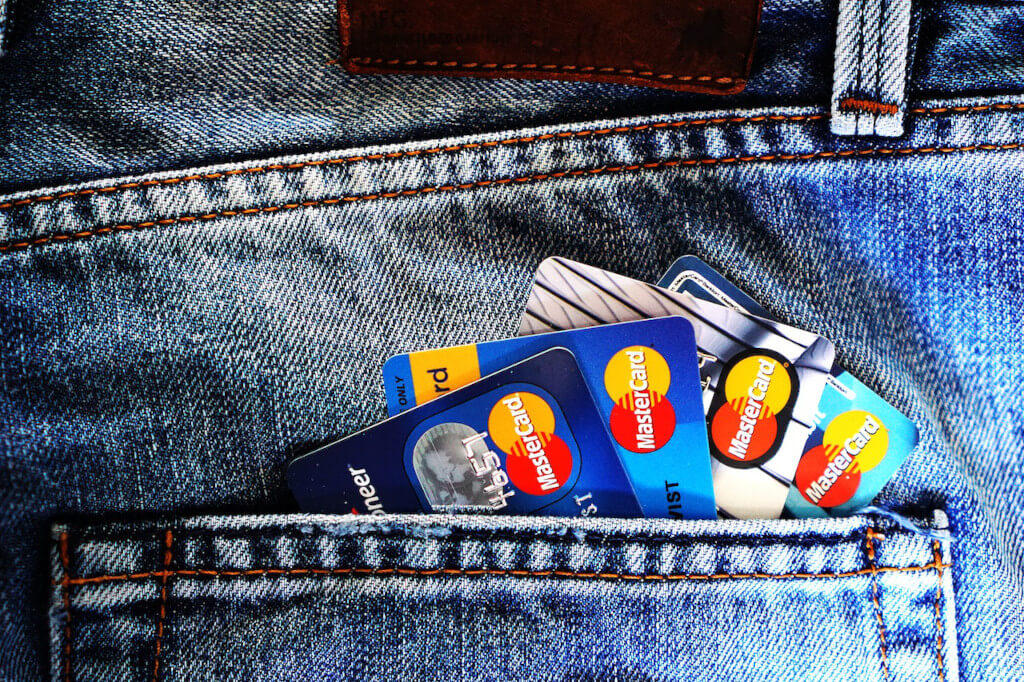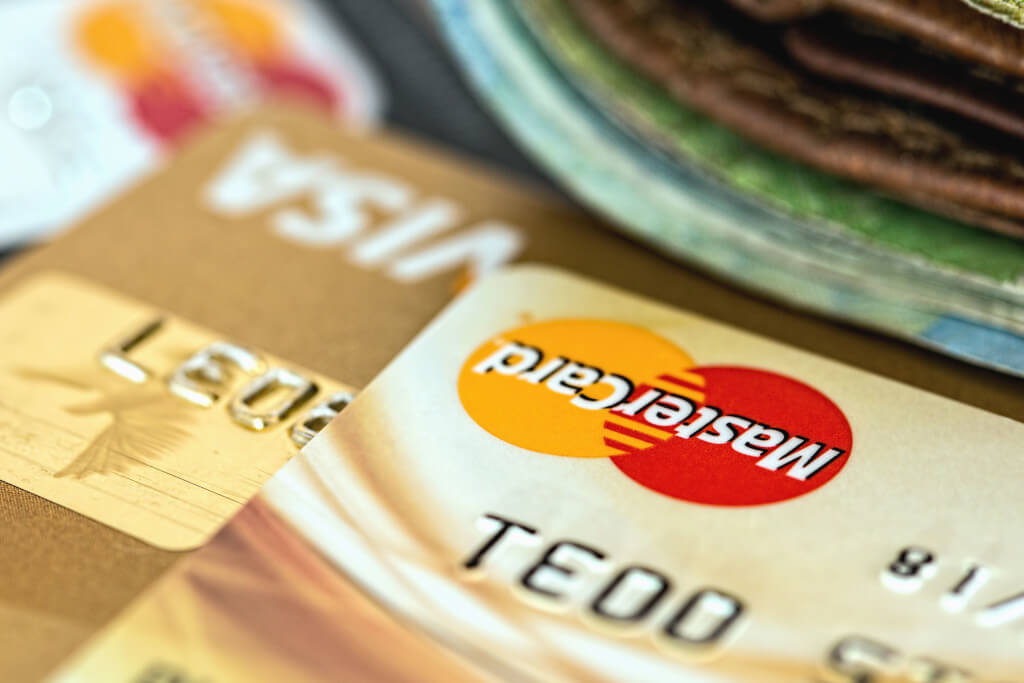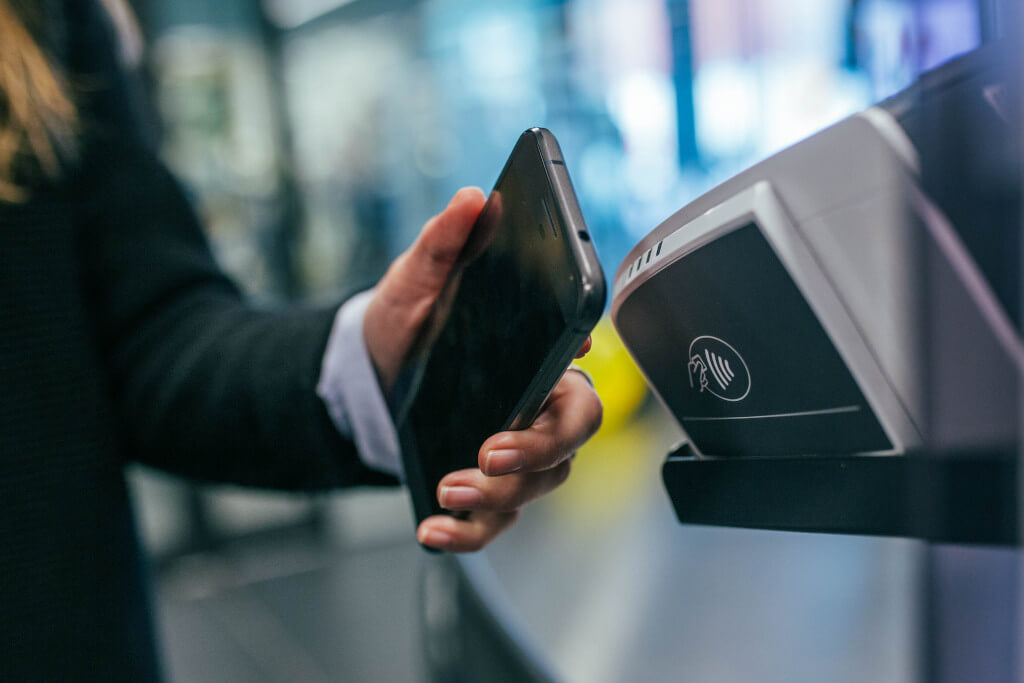Small companies are given the opportunity to participate in digital commerce thanks to Mastercard’s cutting-edge technology solutions such as Tap on Phone, which transforms an Android into a smartphone capable of accepting non-contact card payments. This enables consumers to embrace digital commerce, particularly small businesses.
As a result of the continued expansion of the digital economy, progressively applicable financial solutions are becoming available. Consumers have access to services that simplify their daily lives easier, and businesses have the ability to run operations that are more agile, efficient, and have increased potential. More citizens can be reached by their respective governments. More and more people are beginning to consider the possibility of long-term prosperity. This is one of the many reasons why financial inclusion is so important. Because participation in the financial system is the initial step toward achieving financial stability.
Mastercard is working to improve digital and financial incorporation through the use of innovation. It upped the ante on its commitment to increase financial inclusion in 2020, aiming to connect 1 billion people and 50 million micro and small-scale vendors to the digital world by 2025, with a direct focus on 25 million female business owners.
Despite the fact that this is a goal for the entire world, there is still a substantial amount of work to be performed in Africa due to the pervasiveness and widespreadness of inequality and exclusion. Mastercard has a duty to constantly consider how it can come up with new and original solutions to these problems in order to fulfill its mission.
Technology Unveils Digital Accessibility
The importance of local innovation in advancing inclusion cannot be overstated. Mastercard, being a multinational technology company, could indeed simply take items off the rack from its product set in the United States or Europe and expect them to work in Africa. This is particularly the case in a climate in which a significant number of people may still have restricted access to fundamental technological and financial services. Mastercard needs to give careful consideration to the technologies and collaborations that will bring them closer to their goals in order to develop goods and services that will alleviate the problems that are plaguing the communities in Africa.
It is growing increasingly important to implement electronic payment methods, and the proliferation of cell phone use in Africa is closely linked to this trend. The leapfrog transition from legacy financial services to electronic first online banking is a simple one for the millions of people who have never had a bank account at a traditional brick-and-mortar institution.
Because of this dynamic, it is even more essential for organizations that operate in the finance and investment space to implement digital-first platforms. Through its Mastercard Digital First program, the company offers its business partners a comprehensive digital experience in the realm of various methods of monetary exchange.
The consumer is provided with an entirely digital product by Digital First, which eliminates the need for paperwork, in-branch visits, and snail mail. Customers can immediately open a bank account by submitting their ID, applying for a card, activating it, and utilizing it for all of their payment requirements from their cell phones. A trip to the branch itself can then be considered an extra, voluntary step.
In spite of the fact that the financial industry is already undergoing a digital transformation, there are still some obstacles to progress, one of which is a preference for cash transactions, particularly in regions with inadequate infrastructure. The availability of the internet and data is a powerful catalyst for the implementation of electronic financial services, which is an important fact to keep in mind.
The ability to participate in digital activities is necessary for participation in financial activities. This issue is being addressed by Mastercard with its collaborations with Samsung, Airtel, and Asante Financial Services. The goal of these collaborations is to increase the number of people who have access to digital gadgets and enable them to pay for these devices in small, realistic installments while simultaneously establishing or improving their credit histories.
Small Companies Are Given the Ability to Engage in E-commerce
It’s possible that a small company that’s established, progressing, and connections could be the catalyst for financial inclusion for the entire community. Changes in behavior brought on by the pandemic initiated the trend toward electronic banking and payment methods among small and medium businesses (SMEs), which had already been on the move in this direction for some time. Small businesses have customarily stagnated behind bigger ones in terms of their omnichannel presence. However, the trend of online purchasing, as well as the demand for touch-free transactions in-store, sparked the need for small businesses to acknowledge digital payments.
For instance, Mastercard teamed up with Standard Bank to launch SimplyBlu after realizing that the most pressing requirement of small and medium-sized enterprises (SMEs) in South Africa was to begin selling online using e-commerce but that they lacked the necessary tools and knowledge to do so.
SimplyBlu, which is endorsed by Simplify Commerce, provides assistance to small businesses in bridging the “digital divide” and entering the world of e-commerce. It functions as a “one-stop shop,” enabling them to establish an online store with invoicing amenities and accept a variety of payments in a quick and easy manner. It is the first time that a service of this kind has been made available to small and medium-sized enterprises (SMEs) in South Africa by a financial institution. (Click here to read the case study on SimplyBlu.)
A small business that’s established, growing, and well-connected may be the key to the entire community’s financial inclusion. Small companies are finding it easier to adapt thanks to the introduction of innovative technologies such as Mastercard’s Tap on Phone, which transforms an Android phone into a device capable of accepting contactless card payments.
When compared to conventional point-of-sale terminals, the Mastercard Quick Response (QR) code technology offers a solution that is both easier and more cost-effective for accepting credit card payments from microbusinesses that rely primarily on the cash economy. This solution is applicable to both online and face-to-face transactions.
In accordance with the World Bank, small and medium-sized enterprises (SMEs) in Sub-Saharan Africa are facing a massive financing gap in the amount of $330 billion. Access to credit is another major pain point in this region. In Kenya, the need for financing was helped to be alleviated by a collaboration between Mastercard, a consumer goods company called Unilever, and KCB Bank.





